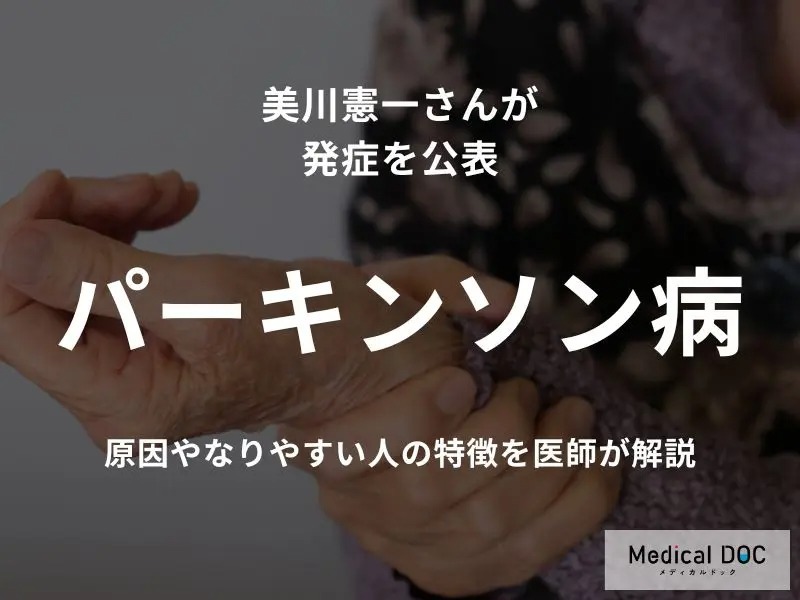- CONTACT US
- AFS
- Business
- Bussiness
- Car
- Career
- Celebrity
- Digital Products
- Education
- Entertainment
- Fashion
- Film
- Food
- Fun
- Games
- General Health
- Health
- Health Awareness
- Healthy
- Healthy Lifestyle
- History Facts
- Household Appliances
- Internet
- Investment
- Law
- Lifestyle
- Loans&Mortgages
- Luxury Life Style
- movie
- Music
- Nature
- News
- Pet
- Plant
- Politics
- Recommends
- Science
- Self-care
- services
- Smart Phone
- Sports
- Style
- Technology
- tire
- Travel
- US
- World
- エンタメ
- スポーツ
- 科学
- 経済

You've probably seen vitamin E mentioned in anti-aging or antioxidant skincare advertisements. So, does Vitamin E actually provide these advantages?
Research has shown that vitamin E is a very good antioxidant. It works with other antioxidants and enzymes to shield cells against reactive oxygen/nitrogen species. Vitamin E fights aging with skin health by boosting collagen synthesis, preventing its degradation; hence featured in beauty routines.
Recent research shows that vitamin E modulates platelet aggregation, prevents thrombosis, protects vascular endothelium; has anti-inflammatory, neuroprotective effects and aids menopausal women on standard hormone therapy.
However, its cancer-preventing properties are still under debate. Some research indicates that vitamin E lowers cancer risk, but other studies have associated vitamin E intake with higher prostate cancer risk in men. Studies also show that vitamin E supplements can reduce stroke risk by 10%, but increase severe cerebral hemorrhage chances. Despite conflicting results, be careful.
Regardless, "vitamin E deficiency" is something you've probably only heard about once in a blue moon.
If humans can't make my Vitamin E, why is deficiency rare?
That's because Vitamin E is found in many food sources. A balanced diet will easily suffice.
The NIH states that people 14+ years old require 15mg/day. Regular cooking oils — sunflower, canola, soybean, and wheat germ oil — all contain vitamin E. Daily consumption of oils adds up to a common average (25ml or ~20g), meaning wheat germ oil alone gives 34.3mg and more than twice as RDA. You can meet longevity standards without additional efforts.
Additionally, add nuts for assurance: 54g almonds (~10 pieces) or 63g walnuts (~20 kernels and along with normal oil consumption) meet the 15mg daily requirement.
If deficiency still arises, it is likely due to fat metabolism disorders or cholangitis — see a doctor for evaluation.
Important: Over-supplementation can be toxic. Some claims purport cardiovascular protection or cancer prevention with megadoses—ignore these.
While the anticancer nature of vitamin E is still under investigation — excess intake definitely harms. Japanese research showed that too much vitamin E causes cancer and heart disease. Research from JAMA, over a period of 7 years warned high doses for those with cardiovascular disease or diabetes. Taking 400–800mg/day would lead to nausea, vomiting, dizziness, headache, blurred vision, cracked skin symptoms: gastrointestinal or breast enlargement issues.
 Skin Cleansing the Right Way: Avoid Over-cleansing
Skin Cleansing the Right Way: Avoid Over-cleansing The difference between family health management and disease management
The difference between family health management and disease management Antiviral Medications: Components and Efficacy in Treating Colds and Flu
Antiviral Medications: Components and Efficacy in Treating Colds and Flu How to supplement probiotics to improve gut microbiota?
How to supplement probiotics to improve gut microbiota? What factors trigger anti-aging repair mechanisms?
What factors trigger anti-aging repair mechanisms? How to Pick Cervical Spine Support Tools
How to Pick Cervical Spine Support Tools Good Habits for Good Health: Consistent Small Actions and the Correct Understanding of Health
Good Habits for Good Health: Consistent Small Actions and the Correct Understanding of Health The Science of Walking: Speed & Stance
The Science of Walking: Speed & Stance Footwear and Health: Picking the Proper Shoes
Footwear and Health: Picking the Proper Shoes












